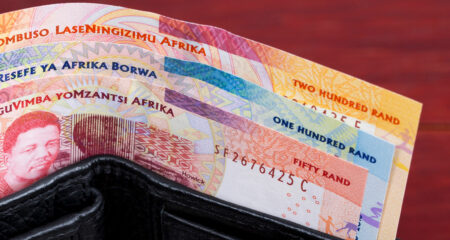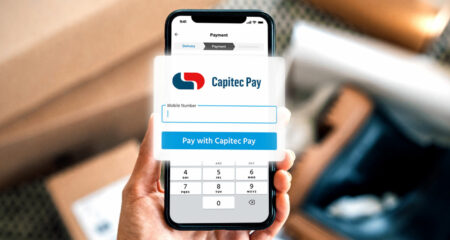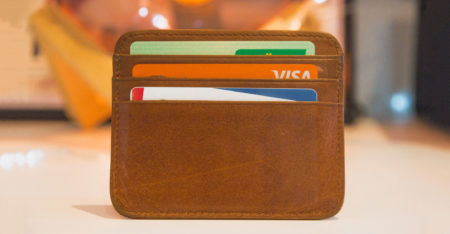Cash should no longer be king and a move to digital open banking is imperative, a fintech conference has heard.
Browsing: Capitec
Promoted | Capitec is changing the way people pay to make payments simpler, more secure and accessible for all.
Mobile virtual network operators will double their market share in the next two to three years, according to a new report.
Capitec has become the latest South African bank to launch a mobile virtual network operator, and is promising aggressively priced data.
As IT systems outages go, this one was doozy. Capitec went offline for almost two days last week, infuriating its customers.
Big changes are coming to South Africa’s payments industry that will shake up the financial services sector, according to BankservAfrica CEO Jan Pilbauer.
Research shows that South African banks’ digital offerings essentially detracted from – rather than added to – customers’ overall banking experience. By Channon Perry.
TFG – the retailer also known as The Foschini Group – has acquired Quench, a digital shopping platform and last-mile delivery provider.
First National Bank said on Thursday that it is looking to hire 300 technology professionals with expertise in areas such as software development and cybersecurity.
The Ombudsman for Banking Services’ annual report reveals that it opened 7 717 formal cases in 2020 – a new record. That’s a 19% increase on the prior year, despite the Covid-19 lockdown.











